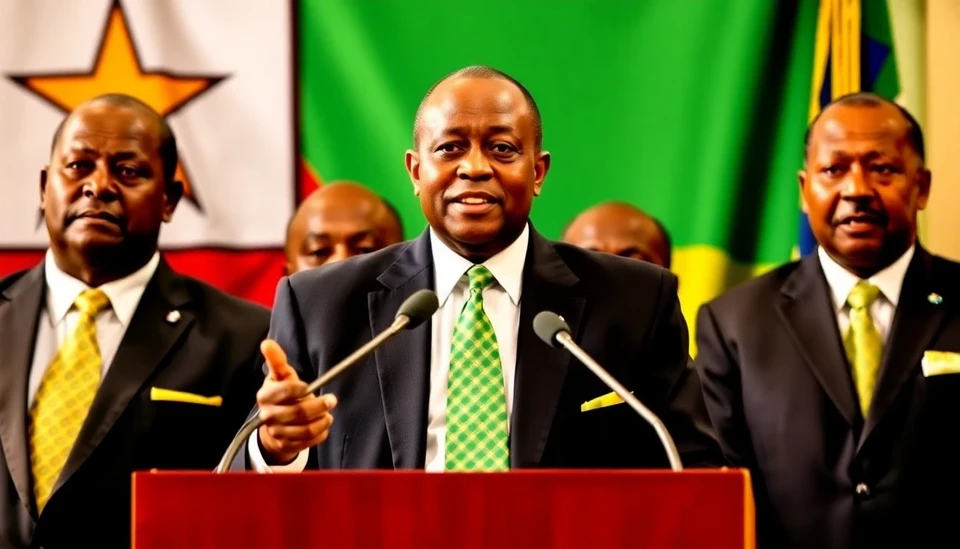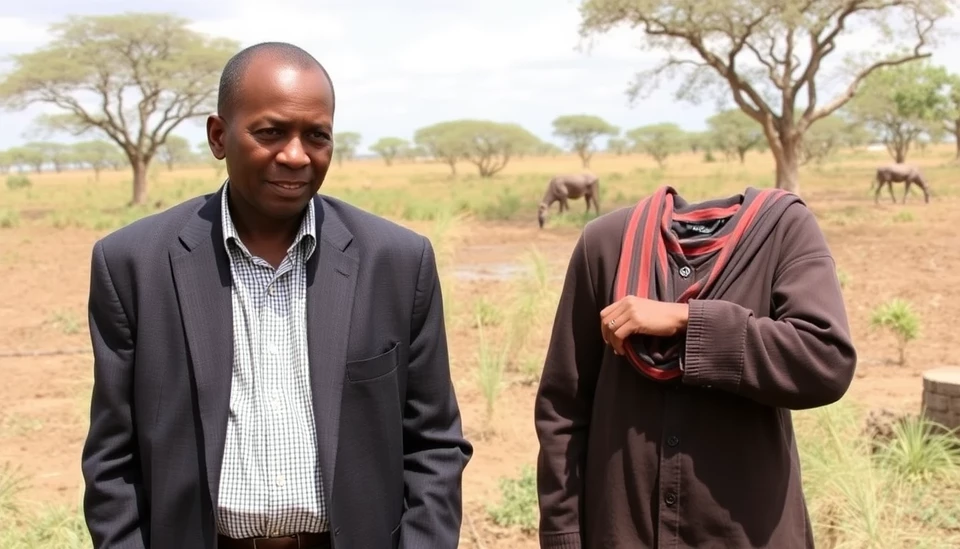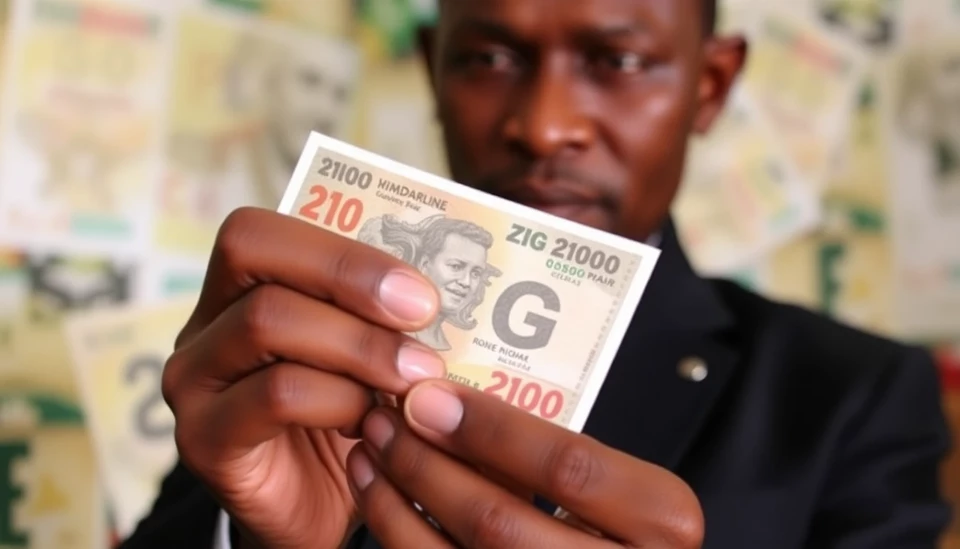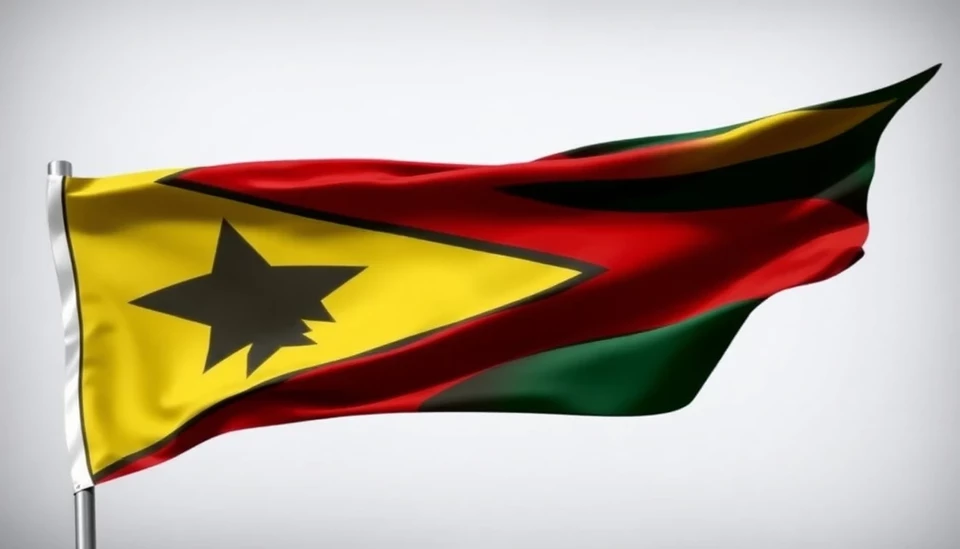
In a significant shift in monetary policy, Zimbabwe's ruling party, Zanu-PF, has put forward a proposal to adopt a gold-backed currency known as the Zimbabwe Gold Zollar (ZIG) as the nation’s sole legal tender. This initiative aims to mitigate hyperinflation, which has plagued the country for years and has led to extreme devaluation of the Zimbabwean dollar.
The party, which has been facing increasing pressure from both political opposition and the public due to economic hardships, believes that backing the currency with gold will provide stability and restore confidence among citizens and investors. The proposal is a clear attempt to move away from the reliance on the U.S. dollar, which has become the predominant currency for transactions in Zimbabwe, resulting in various complications for the local economy.
According to Zanu-PF officials, the shift to ZIG is viewed as a proactive step toward establishing a strong, stable financial system. They assert that a gold-backed currency would help control inflation and provide a safeguard against the volatility experienced in the global economy. The party envisions that the ZIG would be traded at a rate reflecting the market value of gold, thereby linking the nation’s currency directly to physical assets.
This proposed monetary reform comes at a time when Zimbabwe is still grappling with the aftermath of its previous currency crisis, marked by hyperinflation in the late 2000s that rendered the local currency worthless. As a part of their strategy, the Zanu-PF is also seeking to limit the amounts of foreign currencies that can be used within the country, effectively forcing citizens to use the new gold-backed currency.
Critics of the proposal argue that this move may not address the deeper structural problems within Zimbabwe’s economy. Many believe that the effectiveness of a gold-backed currency can only be realized with comprehensive economic reforms and stability, which have been elusive in the past decades. Furthermore, there are concerns regarding the country's gold reserves and whether they are substantial enough to support a new currency.
Additionally, with the ruling party facing general elections scheduled for next year, analysts suggest that the proposal could also serve as a strategic maneuver to garner support from voters who are desperate for economic improvements. The move appears to be an attempt to regain legitimacy and trust from a populace that has suffered greatly from economic mismanagement.
As Zimbabwe navigates this bold proposal, the implications for its economy and everyday people remain uncertain. Markets and foreign investors are watching closely to see how this initiative unfolds, as success or failure could have broad repercussions not only for Zimbabwe but also for regional economics. The push towards establishing a gold-backed currency underscores a growing trend among some nations to reassess their monetary policies and explore alternatives to traditional fiat money.
The next steps involve consultations with economic experts and mobilizing public support, which Zanu-PF hopes will cushion the transition and mitigate backlash from the opposition. As Zimbabwearians await further developments, there is a palpable mix of skepticism and hope—a nation at the crossroads of historic economic reform.
In conclusion, the proposal for a gold-backed ZIG reflects Zimbabwe’s ongoing quest for economic stability and confidence in its financial systems. As the nation prepares to embark on this potentially transformative journey, the outcome remains to be seen, and stakeholders from various sectors continue to engage in dialogue regarding the feasibility and implications of such a significant policy shift.
#Zimbabwe #ZanuPF #GoldBackedCurrency #EconomicReform #ZIG #Hyperinflation #FinancialStability
Author: Rachel Greene




